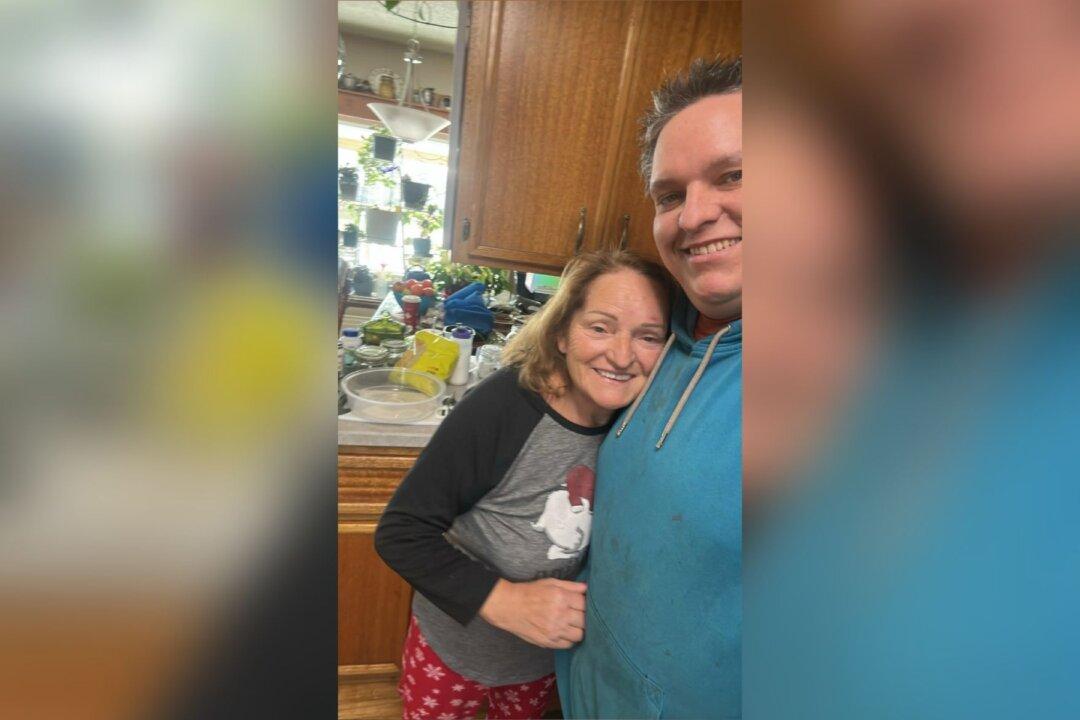OTTAWA—China’s growing authoritarianism and coercive diplomacy constitute a challenge to democratic countries around the world including Canada, Foreign Affairs Minister Marc Garneau said on June 7.
Garneau told a parliamentary committee that Canada and other democracies are grappling with the question of how they reconcile their business, security, and human−rights objectives with China.





